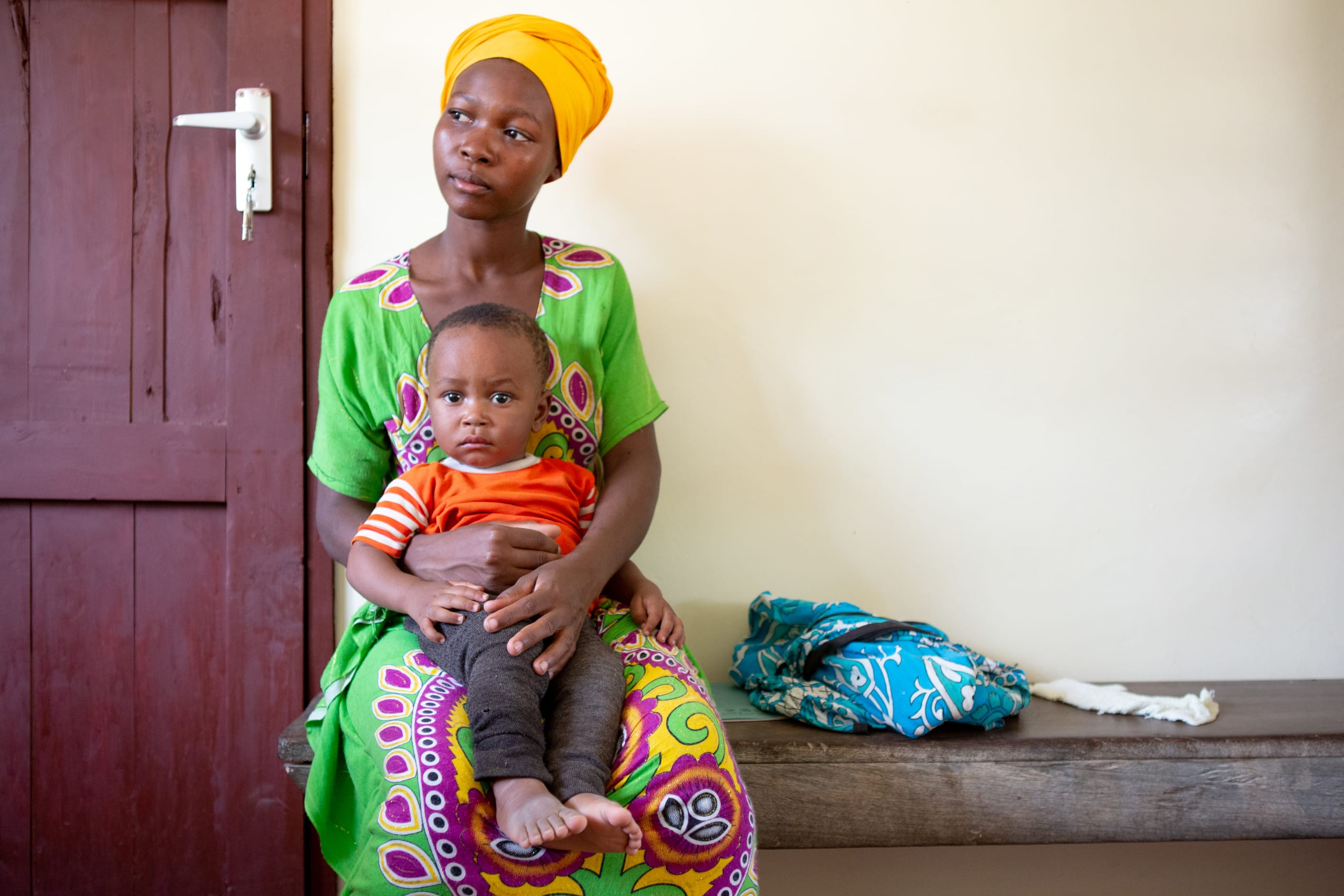PAI Provides Outside Witness Testimony for the U.S. Senate Committee on Appropriations

Women and girls make up the majority of food insecure people globally, an unfortunate reality that should be part of the conversation on World Food Day. In many parts of the world, women and girls play an outsized role in ensuring the food security of their families and communities. Yet, as the number of areas in the world that are vulnerable to repeated droughts, floods, and extreme weather events are on the rise, it is women and girls who are increasingly and disproportionately food insecure. While those in the international development community working to build resilience to food insecurity and other crises acknowledge the need to address gender inequality, many are overlooking the most important factor in empowering the lives of women and girls: their sexual and reproductive health and rights.
Women and girls are especially vulnerable to food insecurity in the case of a crisis. Research shows that women are first to reduce their food intake in order to ensure their families are fed during crises that limit food supply or access, leading to negative health outcomes. In a study conducted on resilience to food insecurity in the Sahel region of Africa, it was found that gender equality was the single most important factor in determining resilience at both the household and community level. The study found that women and girls face far heavier burdens during a food crisis and that without addressing the inequalities that cause this, it is actually impossible to build resilience. Key to gender equality and women’s empowerment is access to sexual and reproductive health, including family planning services.
The increased challenges faced by women and girls during a food crisis are many. For instance, small livestock is often first to be eaten or sold in the case of a crisis. These animals are often used for income generation for women, and getting rid of them has an immediate impact on their livelihoods. Women and girls also face increasing demands at home during a crisis. In the short term, this means less time to devote to schoolwork and educational advancement. Girls of secondary school age are more likely to be pulled out of school altogether. It is no secret that these problems are based on traditional care roles and/or pervasive beliefs that women and girls hold a less valuable place in society.
One way to immediately combat these gender disparities is to ensure that the sexual and reproductive health needs of women and girls are met. When family planning and access to reproductive health services are prioritized within communities, women report a greater sense of self-efficacy and decision-making power, increasing their educational opportunities and economic standing. Universal access to sexual and reproductive health services allows for a woman to reduce her chances of a high-risk pregnancy (e.g. too soon after a previous birth), maternal nutritional depletion, and many other effects of reproductive stress.
Due to their mutually reinforcing relationship to each other, gender equality, sexual and reproductive health including access to family planning, and resilience to food security should be pursued simultaneously. To build resilience to food shocks among vulnerable populations, the US government needs to address all factors that contribute to food security, including the prioritization of gender equality bolstered by access to family planning and sexual and reproductive health.
The recent enactment of the Global Food Security Act, a law designed to promote food security and resilience affords us the opening to push USAID to establish linkages between food insecurity and sexual and reproductive health, to pursue integrated approaches to development, and to break down development silos. It is incumbent upon the international development community to come together to begin a conversation about these connections and translate them into action. Given the impact of our changing world on women and girls, particularly those in vulnerable communities suffering from repeated shocks and food insecurity, we cannot afford to wait.
We are fighting back against the onslaught of harmful policies that discard reproductive rights.
Stay informed about the issues impacting sexual and reproductive health and rights.
